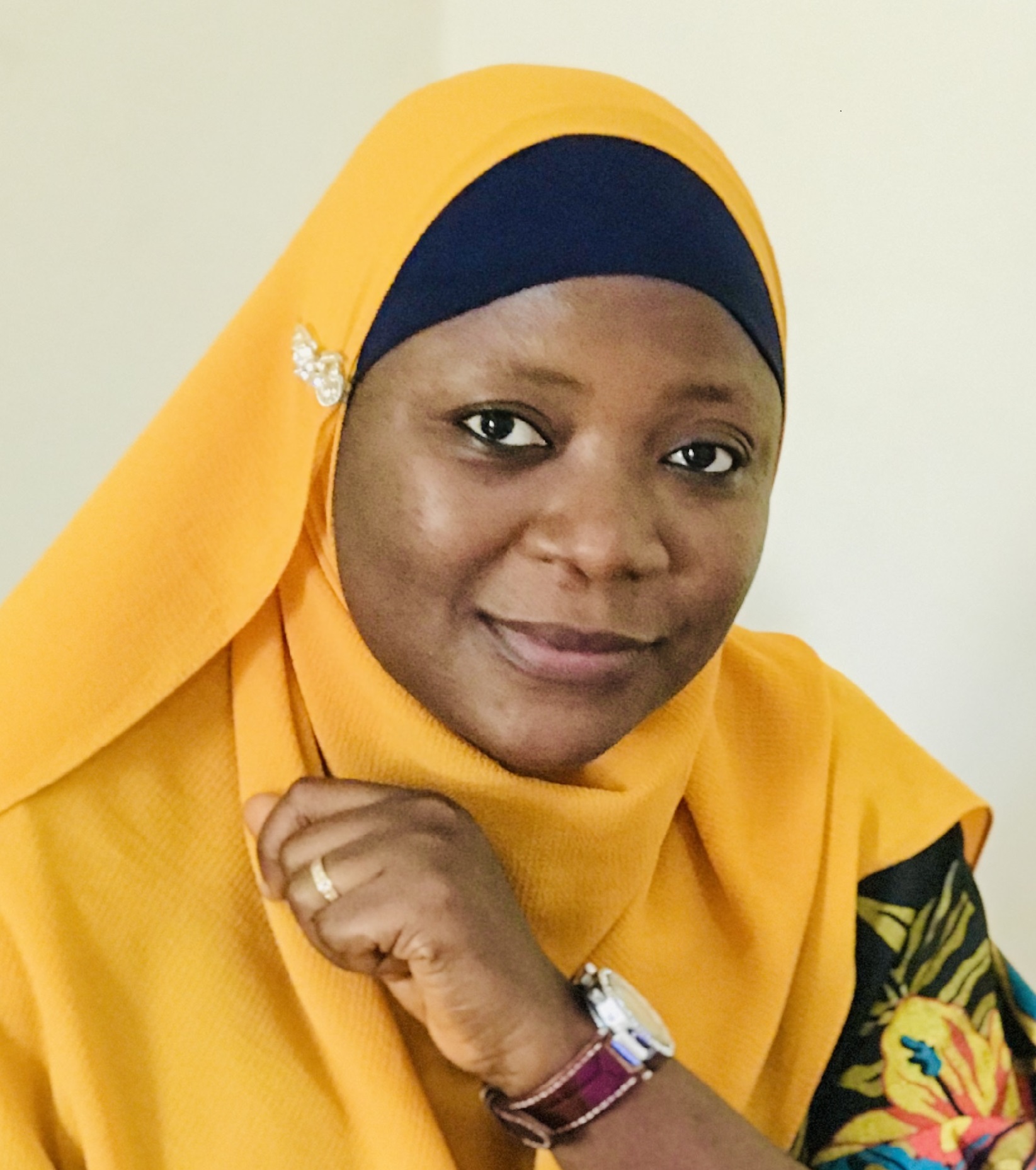Papers : Metadata Quality Challenges
- Starts at
- Tue, Oct 22, 2024, 16:00 EDT
- Finishes at
- Tue, Oct 22, 2024, 18:00 EDT
- Venue
- DSI Seminar room
- Moderator
- Marie-Claude Côté
Moderator
-

Marie-Claude Côté
Employment and Social Development Canada
Marie-Claude Côté is Senior Manager, Information Architecture at Employment and Social Development Canada. Her work involves the sound deployment of information management (IM) and recordkeeping (RK) practices throughout this 44,000-employee federal department. Her previous functions in the Government of Canada (GC) include leading various projects pertaining to IM, RK, and archives; directing the development and assessment of IM, RK, and metadata tools, advice, and policy instruments; as well as contributing to department- and government-wide electronic documents and records management system implementations. She previously held management and analyst positions at Library and Archives Canada, Treasury Board of Canada Secretariat, the Department of Canadian Heritage, the Canadian Internal Development Agency, and Industry Canada. After obtaining her Master’s Degree in Library and Information Science, she worked in public and private sectors libraries before joining the federal public service more than 20 years ago. Marie-Claude's impact on the advancement of the information management domain was confirmed by the Ted-Ferrier Award from ARMA Canada’s National Capital Region Chapter. Marie-Claude is the brain behind the ideation and development of a new unified information and data life cycle representation. She also teaches the IM Curriculum at the Canada School of Public Service, and serves on the Dublin Core Metadata Initiative as an organising committee member and papers peer-reviewer for the annual conference. She is a certified project management professional (PMP).
Presentations
A Semantic Knowledge Graph Aggregation of Library Resources
Authors: Richard Wallis
-

Richard Wallis
Data Liberate
Independent Consultant and Evangelist, a distinguished thought leader in Linked Data and Semantic Web who has been at the forefront of the emergence of these technologies for over 30 years. He is Chair of W3C Community Groups, including Schema Bib Extend & Bibframe2Schema.org. An evangelist for the adoption of Linked Data in cultural heritage and the wider Web. He has an international reputation for insightful and entertaining keynote sessions at library, Web, and Semantic Web focused events. He is currently working with the National Library Board of Singapore, and others on the extension, and use of the Schema.org vocabulary, plus its relationship with other vocabularies such as Bibframe.
Learning Resources Metadata: Opportunities and Challenges in the German “Innovationswettbewerb INVITE” Program
projects and how, in contrast, international experts select metadata and metadata standards. One of the challenges frequently mentioned is the effort needed to assign large amounts of metadata. This paper thus explores the use of Large Language Models (LLMs) as a tool to address this challenge.
-

Sheikh Faisal Rashid
Educational Technology Lab, German Research Center for Artificial Intelligence (DFKI), Berlin
Dr. Sheikh Faisal Rashid holds a Ph.D. in Computer Science, specializing in Artificial Intelligence and Machine Learning. His research focuses on developing and applying robust, efficient, and responsible AI to address complex societal challenges and enhance AI applications in education and healthcare. Currently, he is a senior researcher and team lead at the Educational Technology Lab at DFKI. Prior to joining DFKI, he served as a professor and consultant at the University of Engineering and Technology (UET) Lahore, Pakistan. Dr. Rashid has authored over 40 research publications in leading conferences and journals and serves as a reviewer and member of program and technical committees for various conferences.
Data description in data repositories: metadata schemas for social sciences
Authors: Li Yang, Margaret E.I. Kipp
-

Li Yang
University of Wisconsin-Milwaukee
Li Yang is a PhD candidate at the School of Information Studies, University of Wisconsin-Milwaukee. She is a member of the Knowledge Organization Research Group at SOIS, the Association for Information Science & Technolog (ASIS&T), the Association for Library and Information Science Education (ALISE), and the Chinese American Librarians Association (CALA). Her research interests are in metadata, data description, knowledge organization, knowledge organization systems, semantic relationships, Linked Data, and knowledge discovery. She is currently working in metadata schemas and data description of research data repositories.
Distributed Community, Centralized Tool: Metadata as Connection
Authors: Genevieve Milliken, Michelle Yee, Nicole Contaxis
-

Genevieve Milliken
NYU Langone Health, Health Sciences Library
Genevieve Milliken is a member of the Health Sciences Library's data services team and is the Data Services Librarian. In her role, she develops and teaches research data management class, technology workshops, and provides consultations on research data management. She is passionate about data sharing, education and workshop development, software preservation, Python programming, and data analysis. -

Michelle Yee
NYU Langone Health
Michelle Yee is the Research Data and Metadata Management Librarian at the Health Sciences Library at NYU Langone Health. She holds a MPH from NYU School of Global Public Health. In her work, Michelle develops resources that bridge the gap between researchers’ existing data management and sharing practices and continually evolving demands. Michelle also contributes her expertise as a curator at the Data Curation Network, a community of information professionals who are committed to advancing open science through practices that make data more ethical, reusable, and understandable.
Towards a Reliable Metadata: Enhancing Data Integrity of Institutional Repositories in the Era of Information Explosion in Nigeria
Authors: Jeremiah Agada Enenche, Dr. Samuel Jimmy Udoudo, Dr. Fatimah Jibril Abduldayan, Dr. Ogochukwu T. Emiri
-

Fatimah Jibril Abduldayan
Federal University of Technology Minna Nigeria
Dr Fatimah Jibril ABDULDAYAN is a Lecturer at the Department of Library and Information Science, Federal University of Technology, Minna, Niger State, Nigeria. She is the current Chairperson of the Nigerian Library Association (NLA) Niger State Chapter, Team Lead of the Research Data Management (RDM) Advocacy Group in Nigeria, Editor-in-Chief of the Journal of Association of Women Librarians in Nigeria (JAWLIN), Trade Manager at the Academic Publishing Centre FUT Minna Nigeria, and the Founder of Maternal Fortify, an NGO that is focused on improving health information literacy of pregnant women in hard-to-reach areas of northern Nigeria using evidence-based research and digital technologies.
Her research interests are in the areas of digital media and information literacy, research data management, AI and digital technologies in academic libraries, privacy and security issues on social media networks, United Nations SDGs, and management information systems. She is an advocate of open science with special qualitative data analysis skills. She has published articles in reputable national and international journals covering various areas of her research interests.
Her professional LinkedIn profile is: https://www.linkedin.com/in/dr-fatimah-jibril-abduldayan-5bbb0b84/





